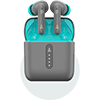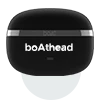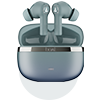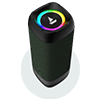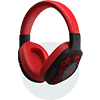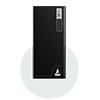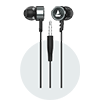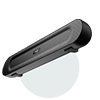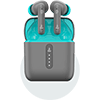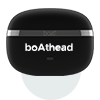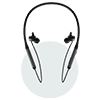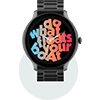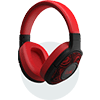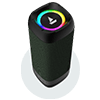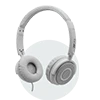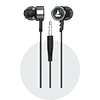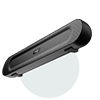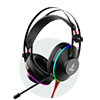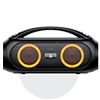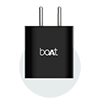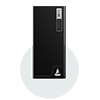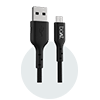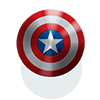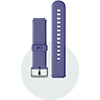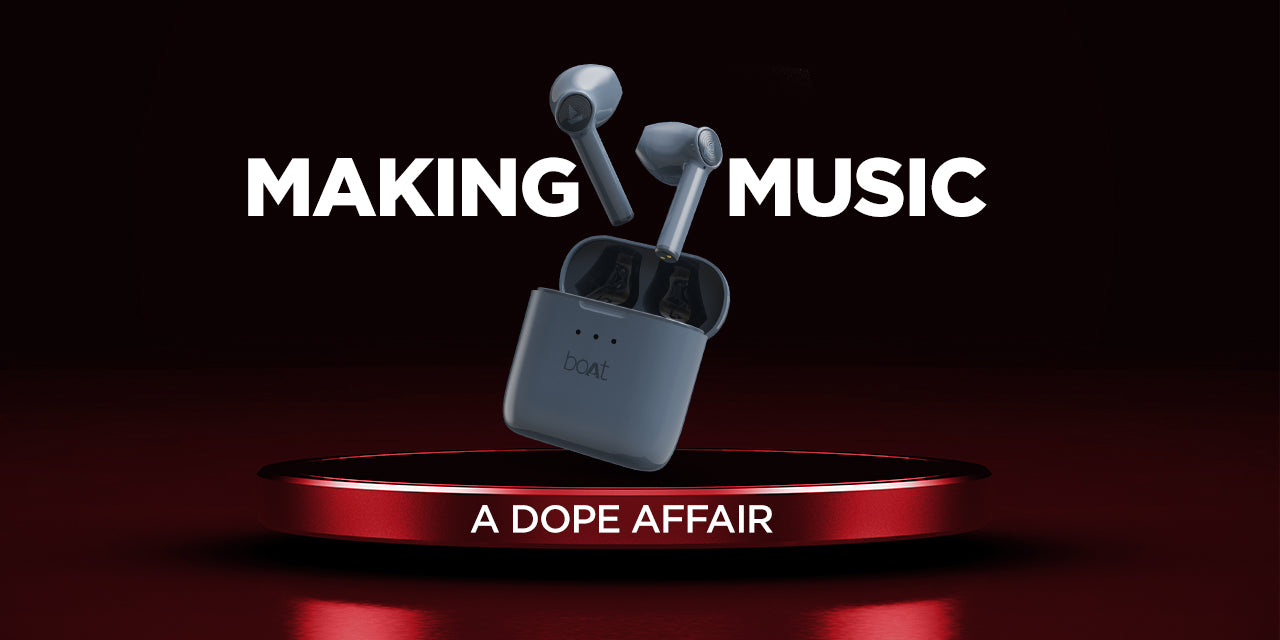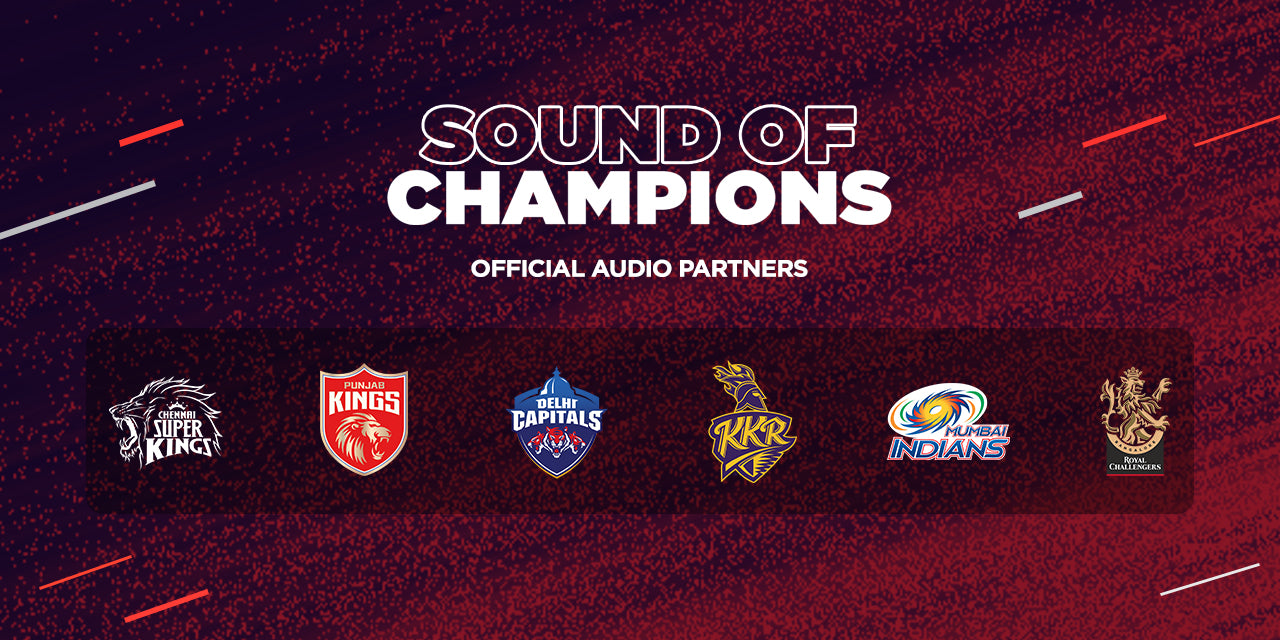Change is the only constant in life, and in the world of business. Like everything else, music €” from how it €™s composed to how it €™s consumed has evolved dramatically over time.
In terms of music types €” from folk and country music to hip-hop and electronic dance music (EDM), and in terms of output i.e. from gramophones in the late 1800s to CD players in the late 1900s to iPods in the early 2000s and finally to wireless digital playback systems today.
The current size of India €™s music industry is $122.2 Mn (including both physical and digital music platforms), showcases the growing demand for not just production but also on how it will be consumed. For example, income from subscription-based audio streaming stood at a staggering $31.6 Mn in India in 2018, a three-fold growth from subscription-based revenue in 2017.
And to cater to these diversifying needs for music, global giants such as Apple, Sony, Bose, JBL, and Sennheiser offer a plethora of output devices ranging from wired headphones to wireless bluetooth speakers.
However, not every Indian can afford these high-end products. But on the flipside, their low-cost counterparts lack quality €” both in terms of music output and shelf life. However, despite being a price-sensitive country, Indian users want a great experience at an affordable price.
This was the thought that led Aman Gupta, a music aficionado and a chartered account on a quest to find the right product for the right price. Soon after starting, Gupta, a former director of sales at speaker maker Harman International, met Sameer Mehta, a former executive director at Kores (India) Ltd, who shared his passion for music. The result €” the inception of boAt, a consumer tech company offering bass-focused music accessories.
Launched in January 2016, the startup produces fashionable consumer electronics such as earphones, headphones, speakers, travel chargers, and premium cables for millennials €” who are primary consumers of high-bass (a powerful, low-pitched and deep-toned musical sound) music. Interestingly, India has the largest
youth population of 400 Mn as of 2017.
€œboAt creates the kind of music experience millennials in India desire, €™ €™ says Gupta.
Within two years into operations, boAt registered $15.4 Mn (INR 108 Cr) gross sales in FY18, which is almost a 300% hike since the last financial year.
At present, boAt sells roughly 6,000 units per day at an average of 4 units per minute.
boAt €™s Fight For Acceptance
It hasn €™t always been smooth sailing, though. Like any other startup, boAt has had its share of hurdles. Gupta says that the biggest challenge was winning the trust of people, especially in the presence of bigger and established brands in the music output space.
Back in 2016, the acceptance rate of boAt products by both consumers and retailers was low. But with time, things have changed. €œPeople started using boAt products and building faith in us, € adds Gupta. This is one of the reasons that 30% of its customers fall under the repeat category.
In terms of distribution, boAt started out with selling its products on only popular ecommerce platforms such as Amazon and Flipkart, and has now adopted the offline mode as well by selling in third-party retail stores.
An Ocean Of Competition
The music accessory sector is crowded with a number of well-established brands, including renowned brands such as Sony and Sennheiser and Indian players such as Karbonn, iBall and Intex and MuVu. Then, there are the €˜easily available €™ low-cost Chinese products that inundate the market, giving a wide range of choices to millennials.
So, how did boAt strike the right chord?
boAt sets itself apart in this crowded sea of players with its focus sharply set on millennials who want to experience high-bass music and for whom music accessories are more than just a piece of audio equipment.
While products of these global brands start at an average price of $15, boAt offers similar products in a price range of below $10. Whereas other locally manufactured products offer music accessories at as low as $1.43, but they lack quality and have a low shelf-life. On the other hand, boAt products are made up of tangle-free wires and with metallic finish, small touches which go a long way.
According to the company, the low-price devices, which come with value-added features have been important factors fuelling the growth for them. For instance, boAt Airdopes 211 True Wireless Earbuds are available at a price of $35.9 (INR 2,499) whereas products similar to it offered by big players such as Apple are priced at $184.24 (INR 12,900), Nokia at $142.81 (INR 9,999), and Sennheiser at $357.05 (INR 24,999).
Being a tech startup, boAt has always focussed on innovation. It recently came up with boAt Stone 700A €” a waterproof and shockproof portable smart speaker with built-in Alexa, priced at around $49.97 (INR 3,499). Similar products from other brands start roughly around $57.12 (INR 3,999). boAt even offers Apple-certified metallic lightning cables for iPhones and iPads which they claim are indestructible.
boAt products, which are manufactured in China on a contract basis, undergo a €œsix-people quality check € to ensure better-build quality. They are made of eco-friendly and non-hazardous materials.
€œIf the rating of any of our product goes below 3.5, we discontinue the product and look for better ways to improve our next product. € €” Gupta
However, although India is a price-sensitive market, it is also value-driven. Gupta says, €œIf we reduce our product prices further, we will get a better market, but we are here to build a sustainable business. €
Tuning Into The Future
According to Inc42 DataLabs, with a total of 27 deals securing $111 Mn funding from 2018 to February 2019, the consumer technology sector looks promising. Industry reports state that the market of Indian appliances and consumer electronics (ACE) reached $31.48 Bn (INR 2.05 Tn) in 2017, making the country one of the largest electronics markets in the world. It further states that the market is expected to grow at 41% CAGR between 2017-20 and reach $400 Bn. Analysts also forecast that with the rising number of startups such as GenRobotics, SectorQube, boAt and Planys Technologies, the consumer technology sector is set to make a mark in the overall Indian startup industry.
Building a product for the younger generation makes sense, especially when it comes to music. €œMillennials shop in a different manner, which is more logical. They conduct a wide research and know the difference between low-cost and quality yet affordable products, € adds Gupta.
Encashing on the opportunity, boAt has hit its benchmark of $15 Mn in gross sales in a short span of two years. Moving forward, the startup plans to come up with more fashion-oriented innovative products, home-audio devices and aims to reach its next milestone of more than $70 Mn in sales within the next five years.
boAt was a Gifting Partner At Inc42 €™s flagship conference €” The Ecosystem Summit.
